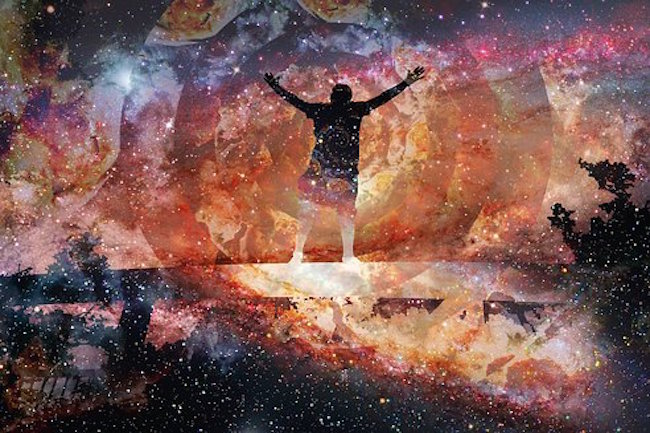The Difference Between the Political Spirit and the Christian Spirit by Michael L. Brown for Ask Dr Brown
Writing for The Atlantic on March 10, Shadi Hamid opined that in America today, “As Christianity’s hold, in particular, has weakened, ideological intensity and fragmentation have risen. American faith, it turns out, is as fervent as ever; it’s just that what was once religious belief has now been channeled into political belief” (his emphasis). While this is certainly true, it is also true that religious belief has been merged with political belief. Yet, in many ways, the Christian spirit is very different than the political spirit. The two often make a very bad mix.
But before I explain what I mean, allow me to add the standard caveats.
I do believe that followers of Jesus should vote and be politically informed.
I do believe we should have a positive impact, as salt and light, on every aspect of American life, including politics.
I do believe there are godly and ethical politicians.
I do believe that some Christians are called to be heavily involved in politics or even run for office.
I do believe that the gospel intersects with politics.
I do not believe that everything political is inherently evil or bad.
At the same time, our general political system operates on very different principles than those laid out for us as New Testament believers. That’s why I said that the Christian spirit is very different than the political spirit, obviously meaning “political” in the negative sense of the word.
Thus, some of the negative definitions for “politician” include: “a person who acts in a manipulative and devious way, typically to gain advancement within an organization”; or, “a person primarily interested in political office for selfish or other narrow usually short-sighted reasons.”
Or, in the words of Ivern Ball, “A politician is a person who can make waves and then make you think he’s the only one who can save the ship.”
As for the world of politics, Machiavelli once stated that, “Politics have no relation to morals.”
For good reason we often associate the word “dirty” with “politics.” That’s the way you play the game.
After all, as a general rule, if you don’t bash and smash and demean and denigrate your opponent, you will not be elected. If you don’t alarm your constituents to the terrible danger of your opponent’s agenda, you will have a much harder time getting votes.
As expressed by H. L. Mencken, “The whole aim of practical politics is to keep the populace alarmed (and hence clamorous to be led to safety) by menacing it with an endless series of hobgoblins, all of them imaginary.”
Obviously, many of our concerns are hardly imaginary. But when it comes to the almost hysterical rhetoric from each party, Mencken was hardly exaggerating.
Thus, in 2020, both Republicans and Democrats warned that the last election was about the future of the democracy and that if the other party was elected, our democracy would be forever doomed. Only Trump (no, Biden, no, Trump, no Biden) can save us!
The political spirit – again, in the negative sense of the word – stirs up anger. And hatred. And division. And ill will. And division. How much more opposite could it be to the Christian spirit?
Yet is all too common to find this merging of a political spirit with the Christian spirit, and virtually always, to the degrading of the Christian spirit.




